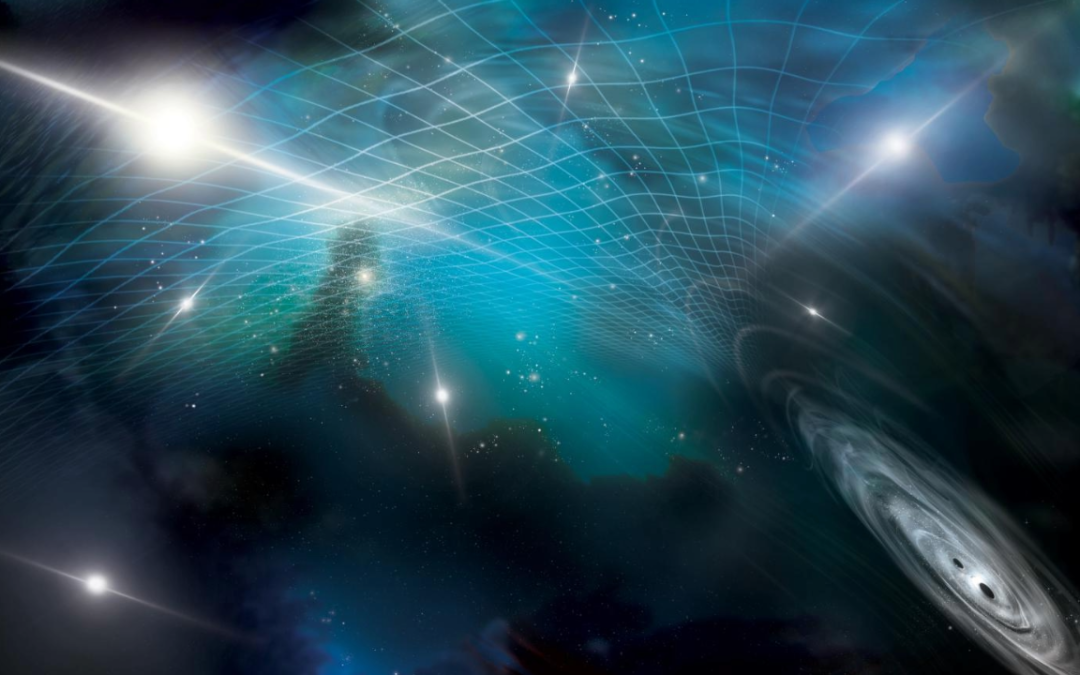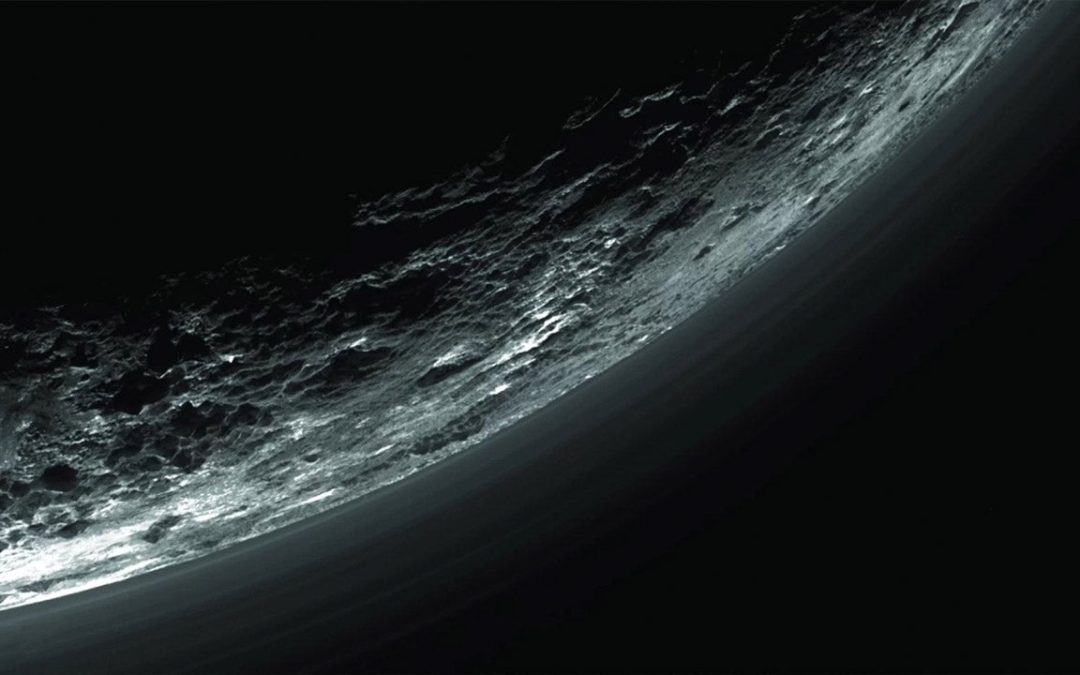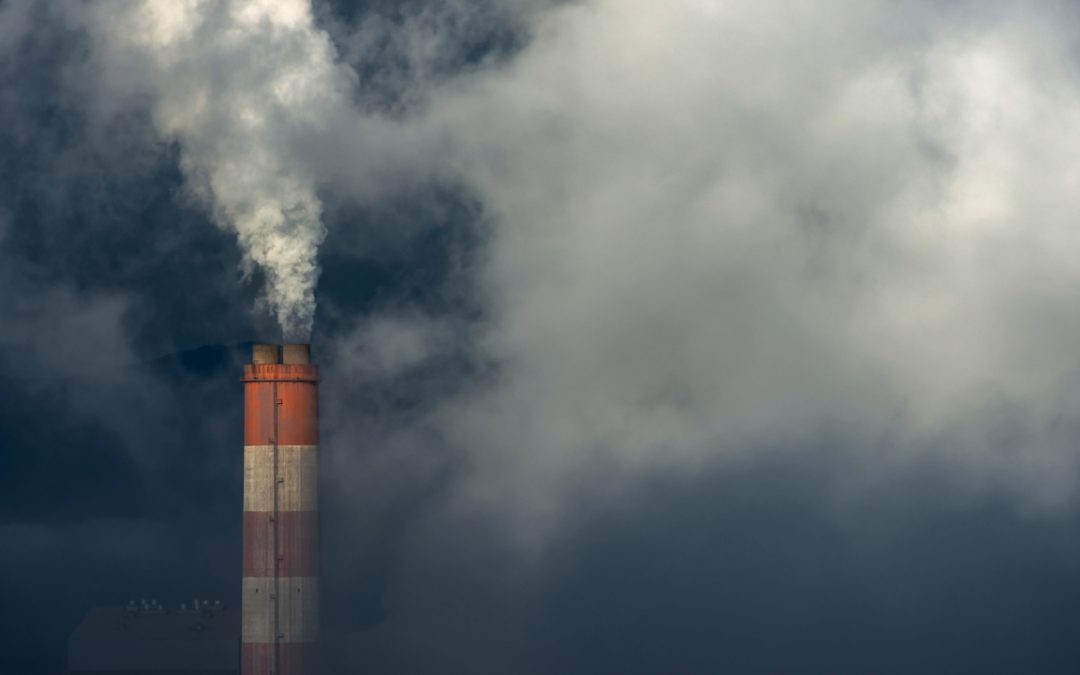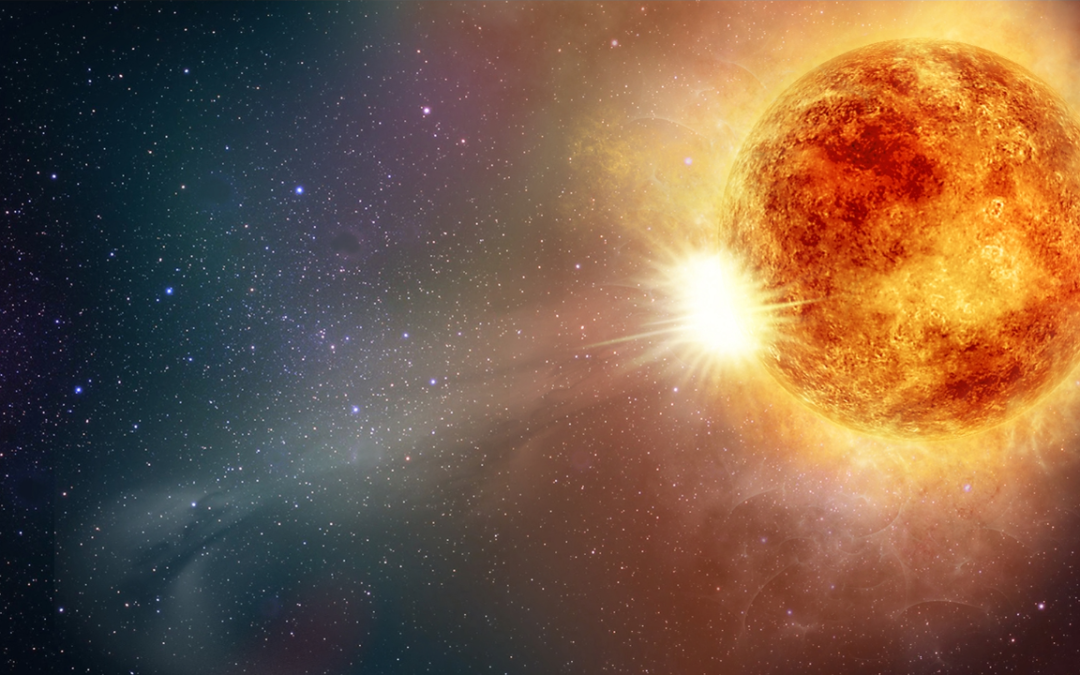Sure, the masses of merging black holes are nice to know, but what else can we learn from gravitational black holes?



Fraser Cain
Universe Today

Dr. Pamela Gay
CosmoQuest

Sure, the masses of merging black holes are nice to know, but what else can we learn from gravitational black holes?

Gravity Waves … not gravitational waves … move atmospheres and make pretty clouds.

Pollution will ultimately give away a society.

If you’re an astronomer you depend on accurate observations of stars, but there’s a problem. Stars are sneaky! Changing in size, brightness, color, they hide their chemistry, their age and even their companions from all but the cleverest observers. Stars explode...
Recent Episodes
Several of the planets and moons in the Solar System are in orbital resonance, orbiting in a geometric lockstep. And not just the Solar System, astronomers have found the same resonances in other star systems. https://youtube.com/live/fEW-13DJlIY Transcript (This is...
Last week was one of the most exciting meetings we’ve seen from the Lunar and Planetary Science Conference, with hundreds of announcements and discoveries from various missions. One theme kept coming up, the Solar System is more volcanically active than we thought....
You’ve probably heard that the best kind of science is peer-reviewed research published in a prestigious journal. But peer review has problems of its own. We’ll talk about that today. https://youtube.com/live/JfeKfMQUrYw Show Notes Definition and Purpose of Peer...
NASA works on many missions using tried and true technology, but they also invest in creative ideas that could drive the future of space exploration. It’s called NASA’s Innovative Advanced Concepts or NIAC. https://youtube.com/live/Wx0ome_rtUU?feature=share Show Notes...
In the olden days, NASA developed its missions using a variety of in-house engineers and external suppliers. As more commercial companies are targeting the Moon, NASA is working with partners to deliver its payloads to the lunar surface....
Last week we learned that Russia might be planning nuclear weapons to take out satellites in space. What is the current and future possibility of weapons in space and what are the treaties designed to prevent them? https://youtube.com/live/jLdReWGjF5c?feature=share...
Last week we talked about sample return missions from the Moon and Mars, but scientists have retrieved samples from other objects in the Solar System, including comets and asteroids. What does it take to return a piece of rock from space, and what have we learned so...
We’ve sent robots to other worlds, but the amount of science we can deploy to another planet can’t compare with the vast science labs we have on Earth. That’s why more and more missions are for a sample return, bringing pieces of alien worlds back to Earth, were we...
We’re so familiar with NASA’s exploration efforts in space, but you might be surprised to learn that China launches almost as many rockets as the US. They’ve got their own space exploration program that could soon bring humans to the surface of the Moon. Let’s give a...
Wherever we find liquid water on Earth, we find life, so it makes sense to search for water across the Universe, and hopefully we can find evidence of life. But what about worlds which are completely covered in water, oceans hundreds of kilometers deep. Can there be...
NASA’s Juno spacecraft has completed dozens of flybys of Jupiter, seeing the planet from many angles and delivering some of the most beautiful images we’ve ever seen of the Jovian world. Now it’s focusing in on Io, sending home images of the tiny volcanic world from...
Solar cycle 25 is shaping up to be a doozy, with plenty of flares and coronal mass ejections blasting off the Sun. As the solar activity continues to rise, how are things shaping up? https://youtube.com/live/olavaQ0F-UY?feature=share Show Notes | Transcript Show Notes...
With Artemis 1 completing its robotic flight around the Moon, we know that the SLS works. Next comes Artemis 2, with a crew of astronauts flying past the Moon. If that’s successful, we could see humans set foot on the Moon in December 2025. But there is a long list of...
Last week we looked back at some of the ideas that science has changed its mind about. This, we look forward, into the future, at some of the big ideas that astronomers are making progress in. What space science are we looking forward to?...
Astronomers talk about all the amazing discoveries they’re making but sometimes, it turns out, they were wrong. After decades and centuries of discoveries, how have they changed their minds? https://youtube.com/live/l1wyLzFEz2Q?feature=share Show Notes Planetary...
Just a warning, the holidays are rapidly approaching. It’s time, once again, to think about what to buy all the space nerds on your lists. Here’s what we like. https://youtube.com/live/wKbcQk2rDpM?feature=share Show Notes Binoculars Telescopes Games reccommendation...
Recorded live during the CosmoQuestX 2023 Hangout-a-Thon on November 5. How the time flies. It’s been over a year since JWST went operational, with other missions joining the fun. What new insights have we gained about the Universe thanks to these powerful new tools?...
Finally, we reach the end of our tour through the missions in the Solar System. Out beyond Mars, to Jupiter the Kuiper Belt and Beyond. Recorded live during the CosmoQuestX 2023 Hangout-a-Thon. https://youtu.be/COkfhE2gkFI Transcript (This is an automatically...
Another week, another review of space missions in the Solar System. Today we set our sights on the red planet. What are all the active missions at Mars today? https://youtube.com/live/cGPS4kv3QoI?feature=share Show Notes Mars Odyssey Mars Reconnaissance Orbiter (MRO)...
Our journey through missions continues, this time we focus on the Moon. There are many nations on the Moon, near the Moon, around the Moon, travelling to the Moon. It’s a lot. We’ll talk about it today. https://youtube.com/live/iTA_aUI79do?feature=share Show Notes...